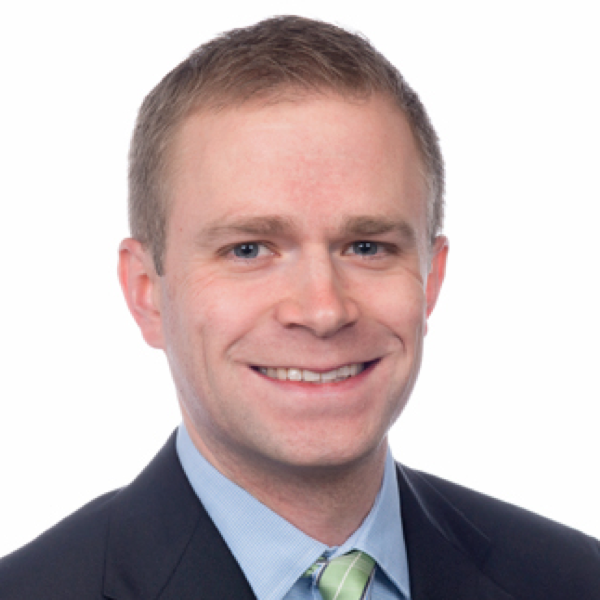Podcast: Play in new window | Download
Subscribe: Apple Podcasts | RSS

Welcome Dr Steven Kreuzer!
Before we start, we were asked to mention: “The opinions and views expressed in this episode are those of Steve Kreuzer and do not in any way reflect the opinions and values of Exponent”
- Background
- Steve and Chris went to high school together, Case Western Reserve together, ended up as roommates together in Austin and now work in similar industries.
- 0h 1m 23s
- He got introduced to biomech via a program at Duke which later lead to grad school at UT Austin.
- 0h 2m 22s
- He work at the (now former) GE appliance division (they were sold to Haier in 2016)
- 0h 3m 49s
- At UT Austin, he worked on the effects of acceleration on cells.
- 0h 5m 6s
- This included understand how proteins unfold.
- 0h 7m 17s
- PhD program
- 0h 8m 32s
- Difficulty of funding sources
- 0h 8m 39s
- Salary of PhD
- 0h 9m 50s
- Lots of simulation work
- 0h 12m 14s
- Pharma seemed like the right path
- 0h 12m 20s
- Steve and Chris went to high school together, Case Western Reserve together, ended up as roommates together in Austin and now work in similar industries.
- Exponenet
- Ended up at Exponent, wanting to get a hand back into industry.
- 0h 12m 44s
- Lots of people who work there are interdisciplinary
- 0h 12m 52s
- Ended up in Menlo Park doing mechanical engineering work for them.
- 0h 13m 40s
- This included lots of CFD and FEA (links below)
- 0h 13m 55s
- Started working on Consumer Electronics devices
- 0h 14m 15s
- Steve explained the types of companies that call Exponent
- 0h 17m 12s
- Size of companies that call vary, but large companies all the way down to startups.
- 0h 18m 15s
- Exponent deals with more specified problems rather than generics. They don’t do design work, it’s more working with existing, unique problems.
- 0h 20m 13s
- One example is companies dealing with recalls.
- 0h 22m 10s
- Consulted on the Samsung Galaxy battery fires.
- 0h 22m 44s
- They helped identifying the problem.
- 0h 23m 47s
- Could it have been caught by simulation?
- 0h 26m 15s
- A big piece of prevention is reliability audits.
- 0h 26m 25s
- Another large piece is understanding if things will go wrong by doing accelerated testing, which includes temperature cycling.
- 0h 28m 10s
- Ended up at Exponent, wanting to get a hand back into industry.
- Working with Lithium Ion (and other types of batteries)
- Steve recommends to always use Battery management units
- 0h 30m 12s
- Want to protect the cell from the environment
- 0h 30m 52s
- 18650 packs
- 0h 31m 51s
- Forces on the batteries
- 0h 33m 47s
- Protecting environment from the cell
- 0h 34m 31s
- Failing well
- 0h 35m 0s
- Simulating thermal runaway of batteries
- 0h 36m 10s
- Color maps of stresses using programs like Abaqus
- 0h 38m 43s
- Ties into Solidworks
- 0h 38m 57s
- Finite Element Analysis
- 0h 39m 15s
- Testing allows you to assign material properties
- 0h 41m 37s
- Test at their labs/facilities under a hood
- 0h 43m 20s
- “Exponents model is that we shouldn’t do anything that’s standardized”
- 0h 44m 0s
- Design an experiment where you recreate the worst case scenario
- 0h 46m 1s
- MatWeb
- 0h 47m 1s
- Reactive vs Proactive
- 0h 51m 23s
- Decision to call Exponent is often based on internal reliability testing
- 0h 52m 22s
- Steve recommends to always use Battery management units
- BGAs and working with boards in consumer products
- Failures in thermal cycles
- 0h 54m 32s
- Arrhenius Equation
- 0h 55m 12s
- Computational Fluid Dynamics
- 0h 55m 23s
- Was listening to episode with Dave about BGAs
- 0h 55m 53s
- Have looked at the reflow process
- 0h 57m 11s
- Viscoelasticity
- 0h 57m 24s
- Thermal stresses plus drop scenario
- 0h 59m 24s
- Simulating drops of PCBs inside enclosures
- 1h 1m 9s
- How easily a die is getting rid of heat
- 1h 4m 36s
- Human factors aspect of devices
- 1h 6m 3s
- Sony laptop that was burning “laps”
- 1h 6m 52s
- Lithium ion batteries getting thinner
- 1h 9m 8s
- What is the output of CFD research? Suggestions around changes to airflow or design.
- 1h 11m 29s
- Not as much publishing in their industry, because of
- 1h 13m 19s
- Publishing usually happens around educating the public in a field
- 1h 13m 32s
- Failures in thermal cycles
- Contact
- Exponent is hiring! But with a caveat…need PhD
- 1h 15m 54s
- You can email Steve directly if you have a problem you want a consultation on.
- 1h 17m 5s
- Reach out to Steve on LinkedIn
- 1h 17m 27s
- Follow him on Twitter if you want some sports updates.
- Exponent is hiring! But with a caveat…need PhD

There was a great Stem Talk episode with Keith Baar where he talks about engineering muscles,tendons and ligaments in the lab (It’s in Part 1 49m29s)
I’d also recommend Episode 24 and 31 of the After-On podcast, where they talk about the incredible work that’s being done to synthesize proteins.
Steve appears considerably younger than Chris.